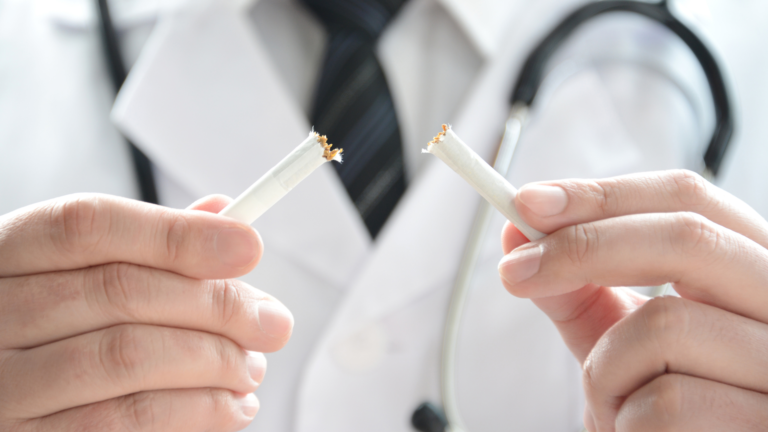Vitamin D & COVID-19
Vitamin D levels and the relationship to infection and outcomes from illness from COVID-19 is a promising area of research. A 2016 meta-analysis on available studies found that vitamin D supplementation was safe and protected against acute respiratory infections in general. Recent studies have also suggested that those with vitamin D deficiency have a higher risk of getting COVID-19, and that vitamin D status may be linked to the severity of illness and mortality from COVID-19.
Insufficient vitamin D levels are associated with the following diseases and conditions:
- some cancers (colon, breast, prostate)
- hypertension and cardiovascular disease
- depression and neuropsychiatric conditions
Vitamin D deficiency is highly prevalent in modern society. So, it is important that those with a known vitamin D deficiency, or those at higher risk of vitamin D deficiency, take a daily vitamin D supplement. In the northern hemisphere, UVB strength from the sun is not sufficient from October to March. Therefore, we need to get our vitamin D from our diet and/or through supplements.
Choosing A Vitamin D Supplement
When it comes to choosing a supplement, know that vitamin D3 (cholecalciferol) is the most effective. Speak to a health care provider about the recommended dose. This dose may be between 400IU (10 micrograms) to 2000IU (50 micrograms) per day. Doses should not exceed the upper limit of 4000IU (100 micrograms) per day.
Are You At Risk?
The following factors would put someone at risk of vitamin D deficiency:
- Not getting sun exposure: Direct exposure of skin to the UVB rays of sunlight is crucial for the body to make its own vitamin D3. Aim for 10 to 15 minutes of direct exposure per day. This may not be possible for those living in high northern altitudes, the time of year, and/or factors such as shift work.
- Having darker skin pigmentation: Darker skin contains more melanin and requires longer sun exposure to make the same amount of vitamin D3.
- Being at a higher weight: Studies have found that those at higher weights have lower levels of vitamin D circulating in their blood, as some of it gets locked up in fat cells.
- Being over the age of 50: The skin makes less vitamin D with age, and the kidneys also become less efficient at converting vitamin D to its active form.
- Not eating vitamin D-rich foods regularly. Those who live in less sunny climates rely on food sources of vitamin D. The recommended daily intake for most people is 600IU (15 micrograms) per day.
- Foods that contain vitamin D are fatty fish (such as salmon), egg yolks, organ meats, dairy, and some fortified dairy alternatives*
- Fun fact: mushrooms left in the sun for ~30-60 minutes are also rich in vitamin D!
- Medications: Certain drugs such as anticonvulsants, corticosteroids, and some HIV medications reduce vitamin D levels
Main Point
While there is not enough research to recommend vitamin D supplements for the prevention or treatment of COVID-19, those with known vitamin D deficiency and those at risk for vitamin D deficiency should take a daily vitamin D3 supplement. Additionally, food sources of vitamin D could also be increased.
Check out our post on proper nutrition & immune health here.
*although it is important to note that “fortified” products usually contain vitamin D2, a synthetic form of vitamin D that is not as easily absorbed or utilized by our bodies.
Source:




